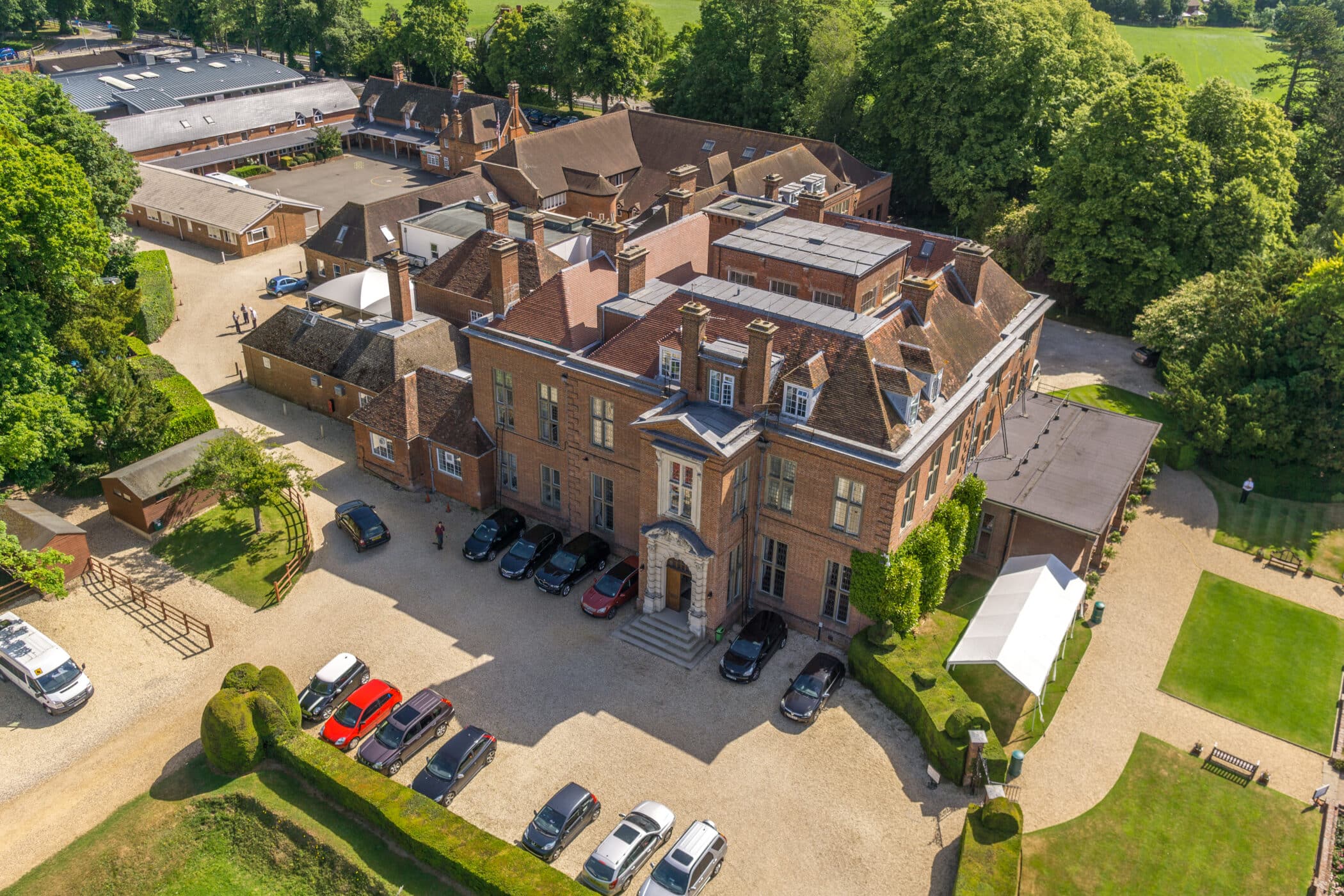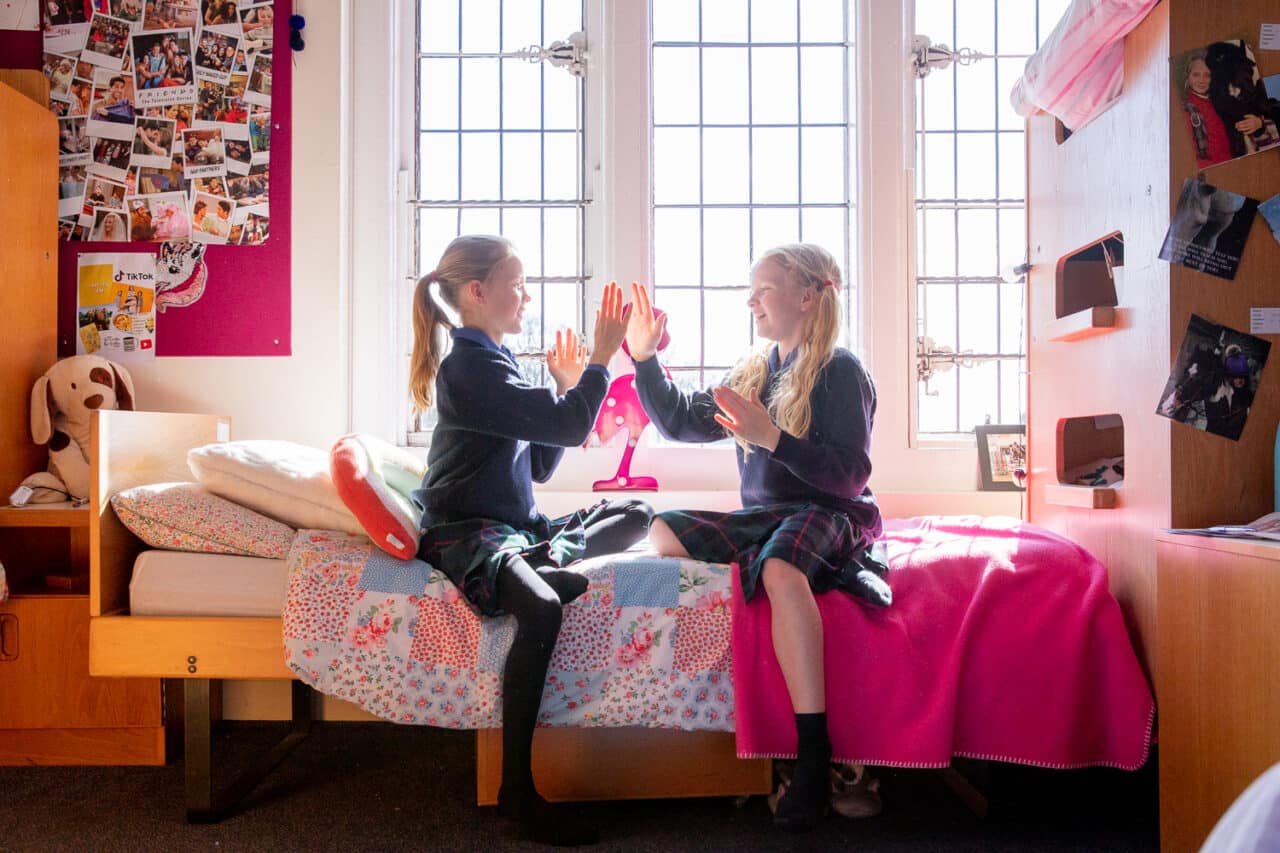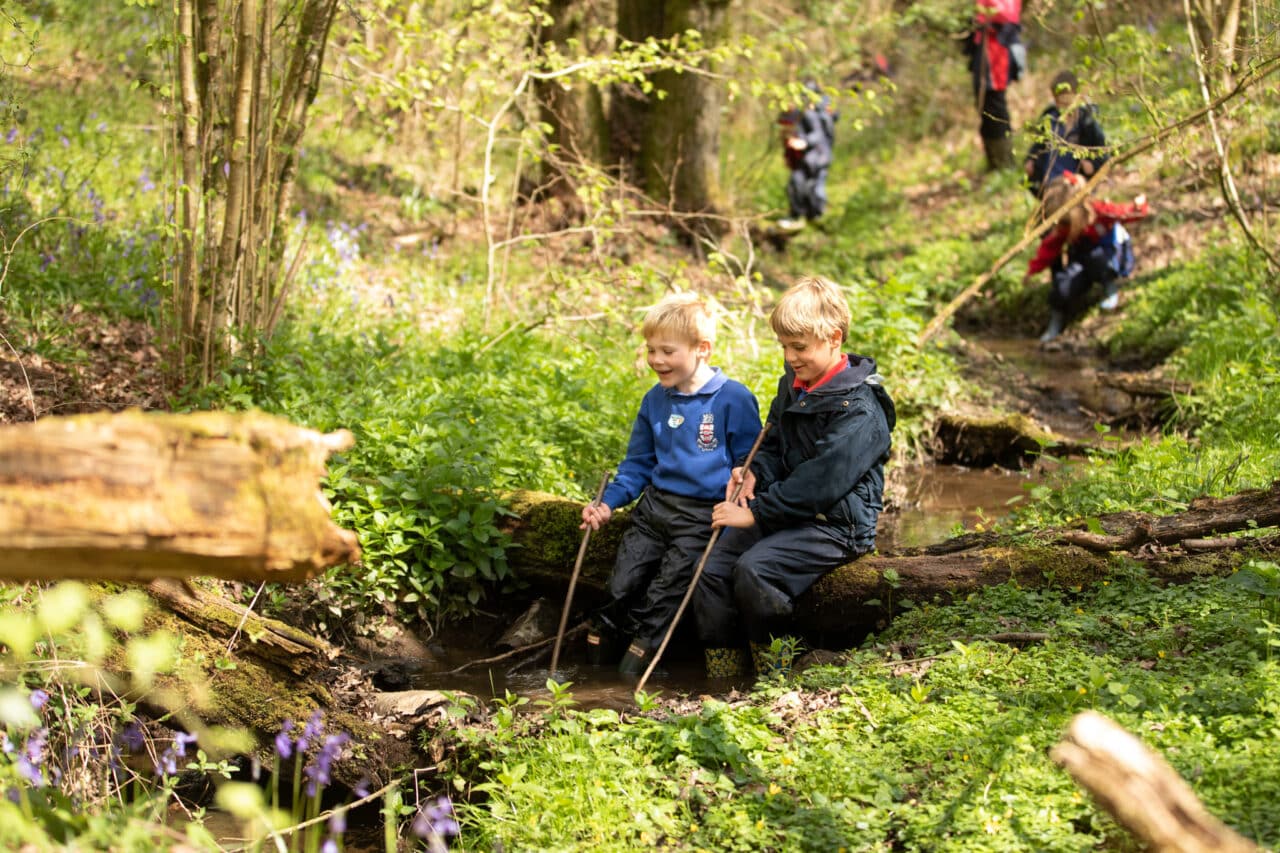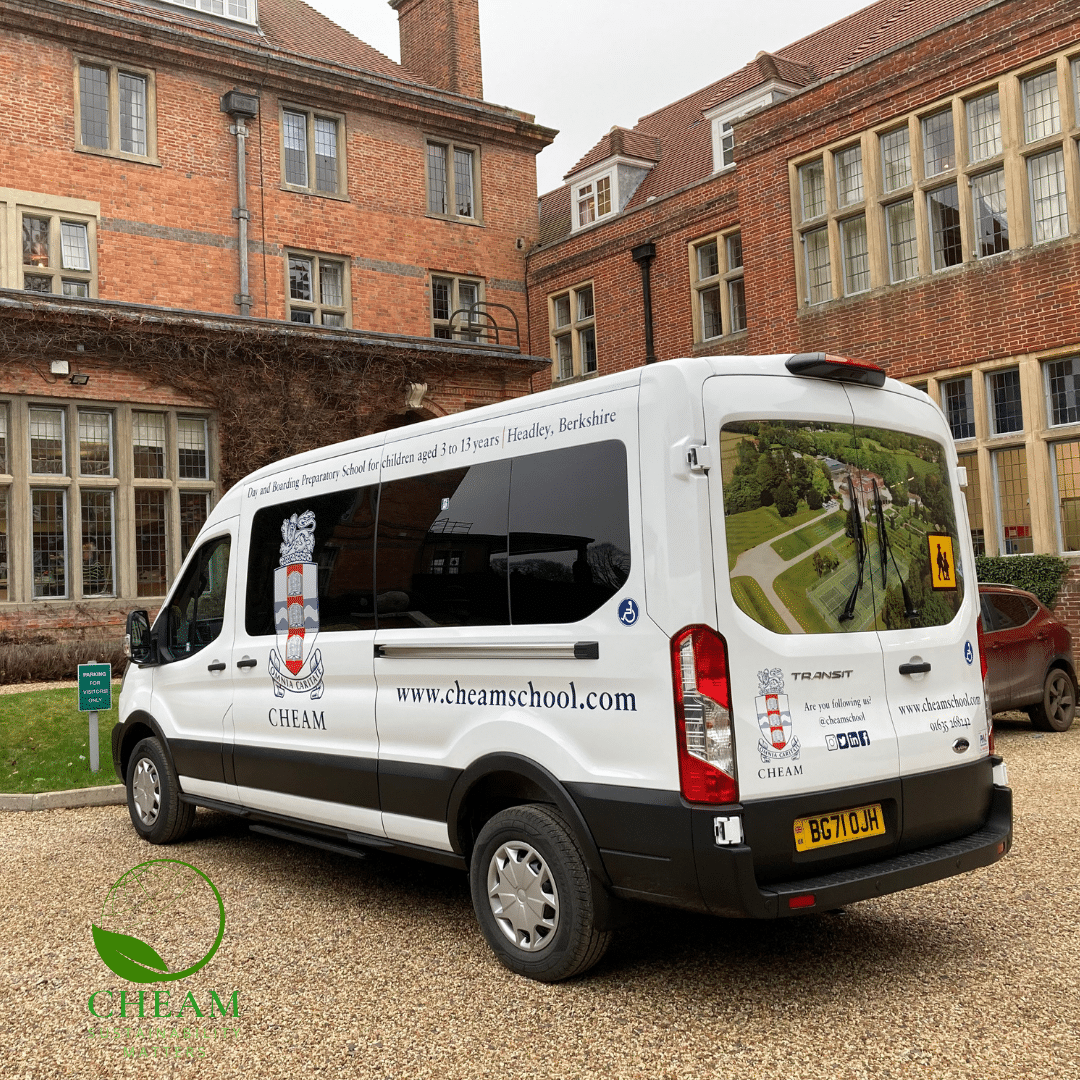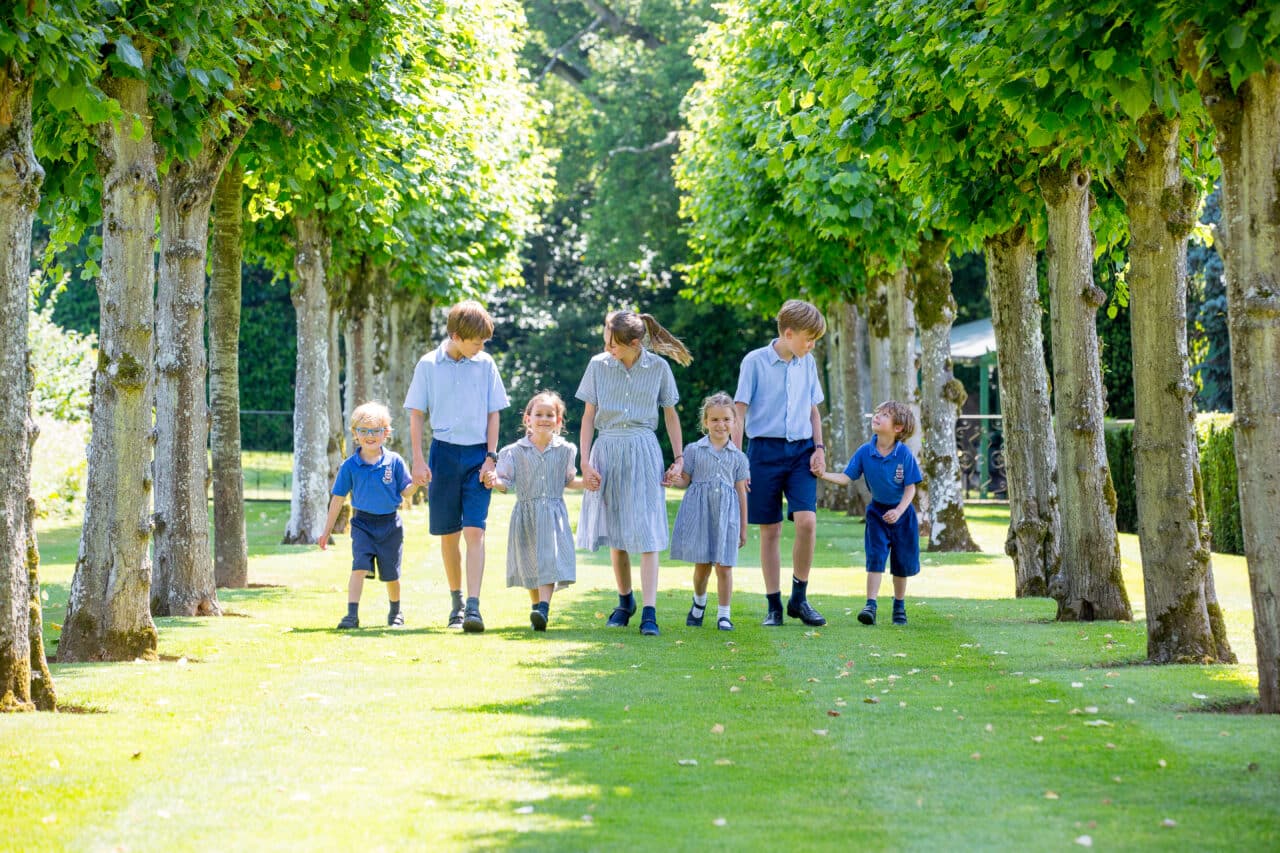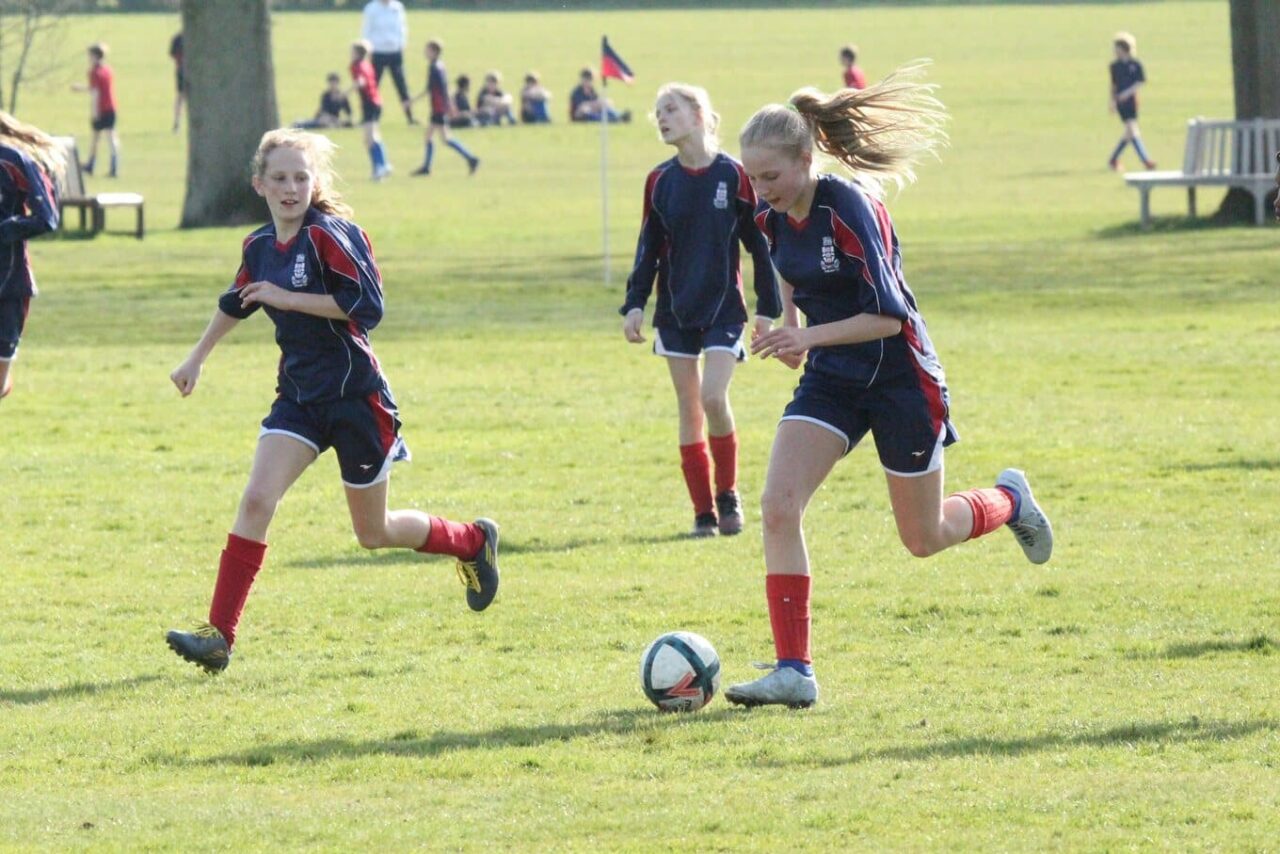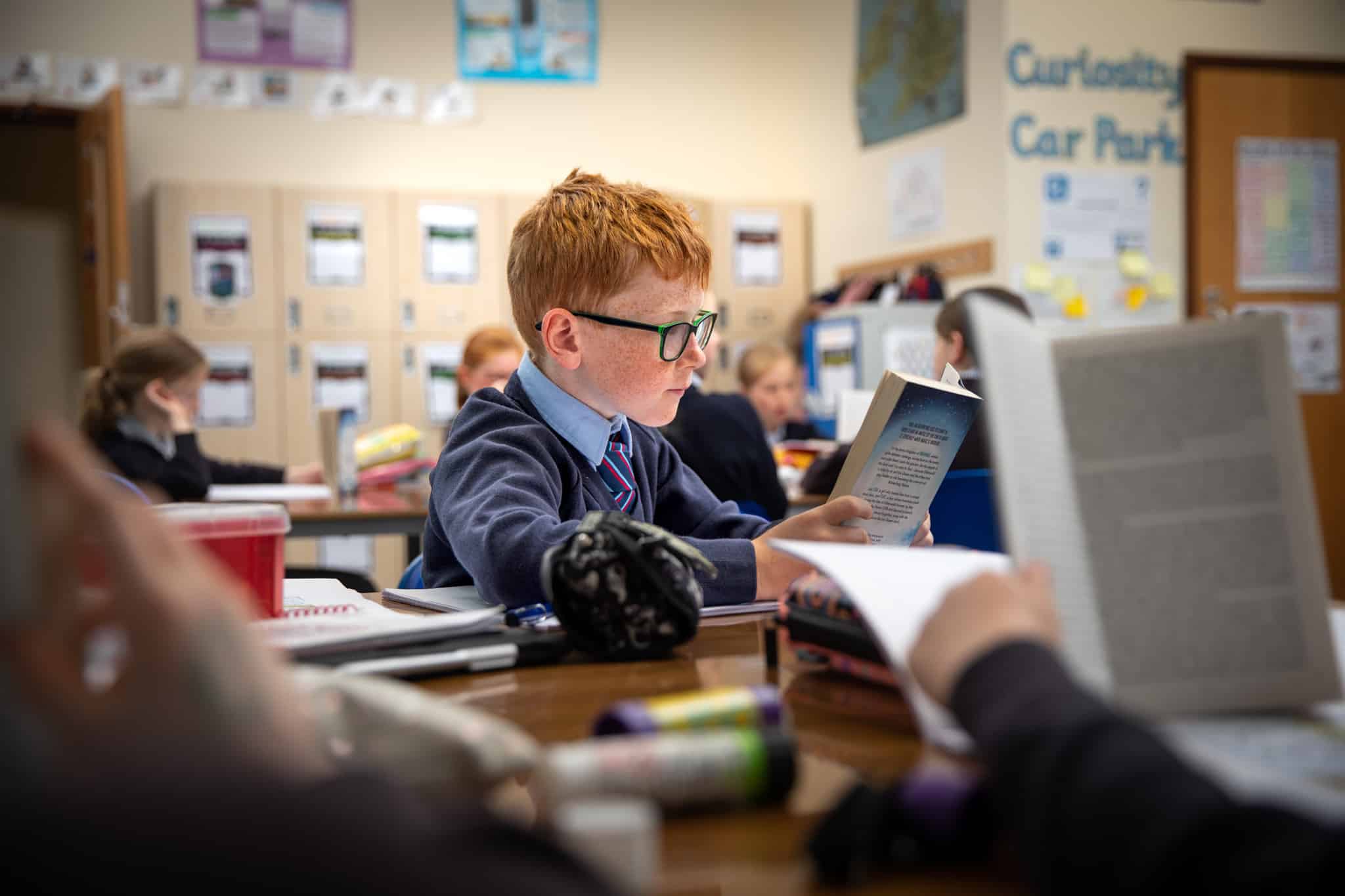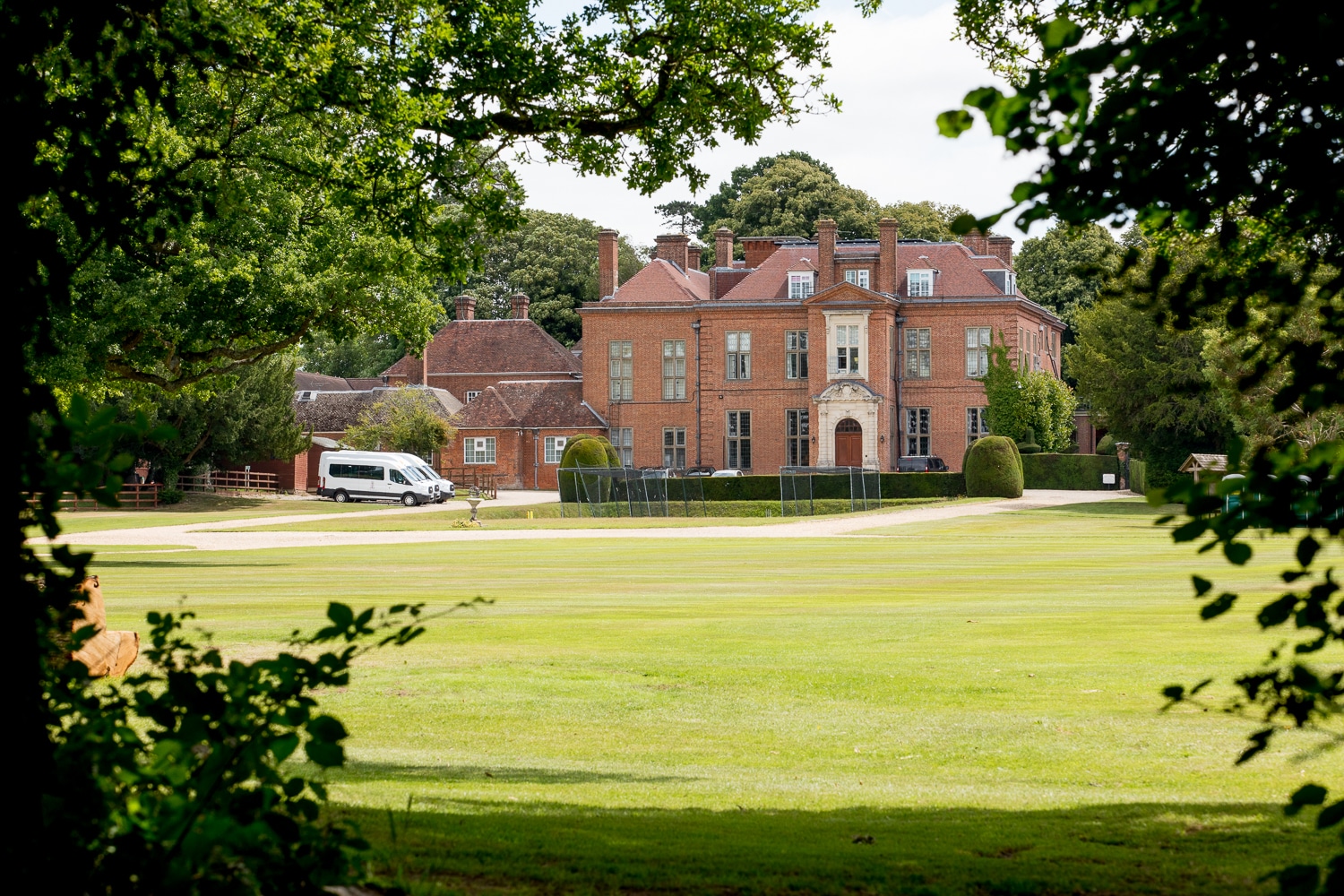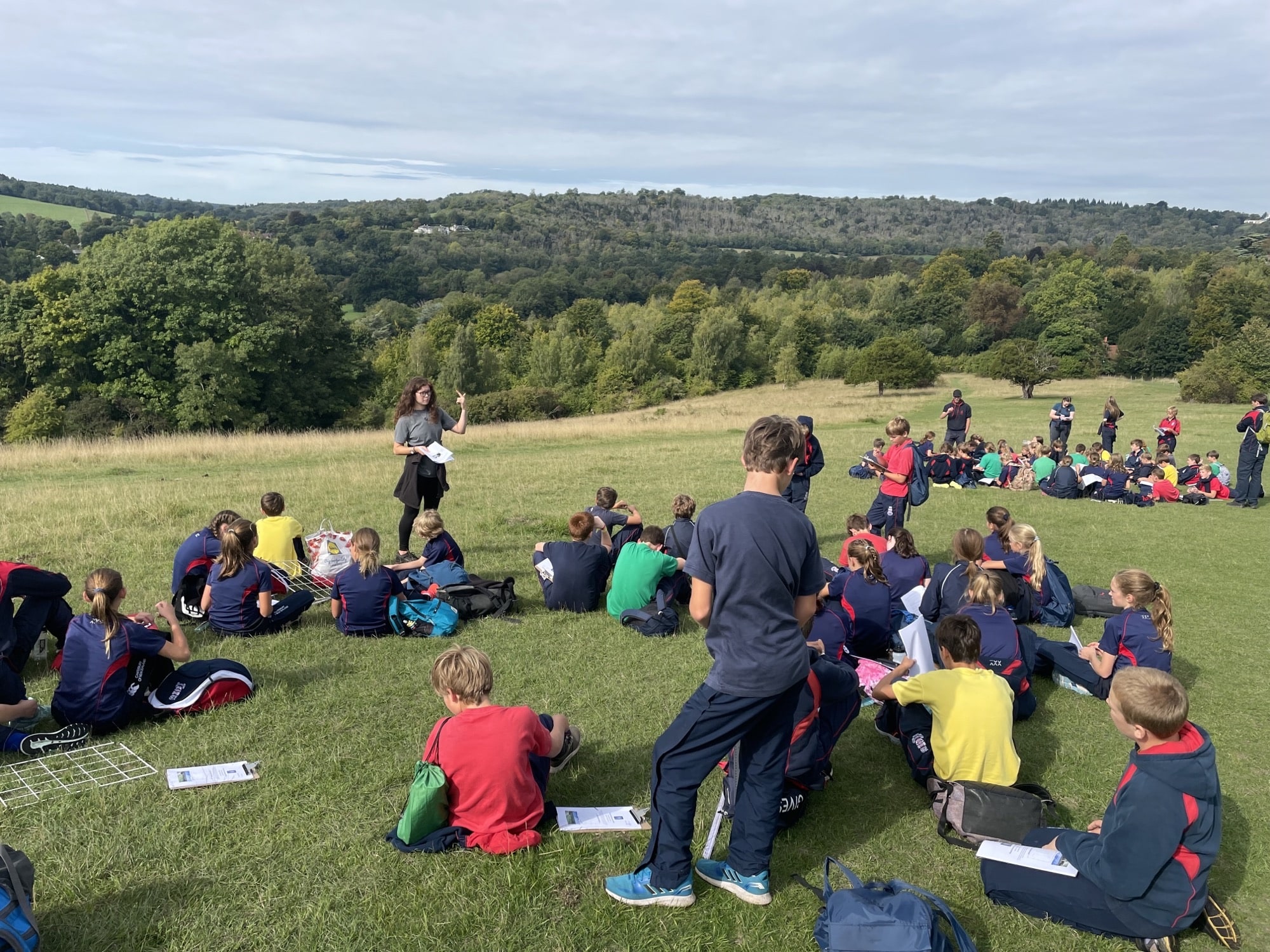The Humanities department at Cheam (History and Philosophy & Ethics) aims to equip children with a wider understanding of the world around them, as well the skills required to understand and evaluate that world.
Developing knowledge and skills go hand in hand within Humanities, but the glue holding the subjects together is the pupils’ fascination with a world outside of their understanding and experience. Eyes light up when discoveries about the past or different cultures are made, and it is the aim of all the teachers within this department to channel this natural enthusiasm for exploration of the human condition and create lasting memories in our lessons.
All lessons, be it in History or Philosophy & Ethics in Years 3 to 6 or Humanities in Years 7 and 8, are based around developing a strong foundation of knowledge that will enable pupils to make judgements about the past, present and future. This knowledge may come in the form of a broad chronological understanding from their History lessons, or discovering the key tenets of the major religions and philosophical approaches in their Philosophy and Ethics classes.
This knowledge is then used as a springboard to develop the key skills of analysis, explanation, and evaluation. Pupils are taught to justify their opinions, debate with each other, and draw conclusions. Historical events are explored in a variety of ways, with re-enactments, presentations, videos and debates providing opportunities to develop new skills alongside the traditional teaching of how to craft and hone a well written essay.
Cheam pupils experience a wide range of topics and time periods throughout their study of the Humanities. These range from philosophical debates in Year 3 to comparing the religions of Christianity and Islam in Year 6. Historical studies lead pupils from the ancient civilisations of the Celts and Romans to the trenches, bombs and rationing of the 20th century. As part of their Common Entrance preparation, pupils in Years 6 to 8 are taken on a chronological journey from 1066 to 1750 to provide them with a solid foundation in British History. Throughout our teaching of this subject we recognise the diverse past of our island.
